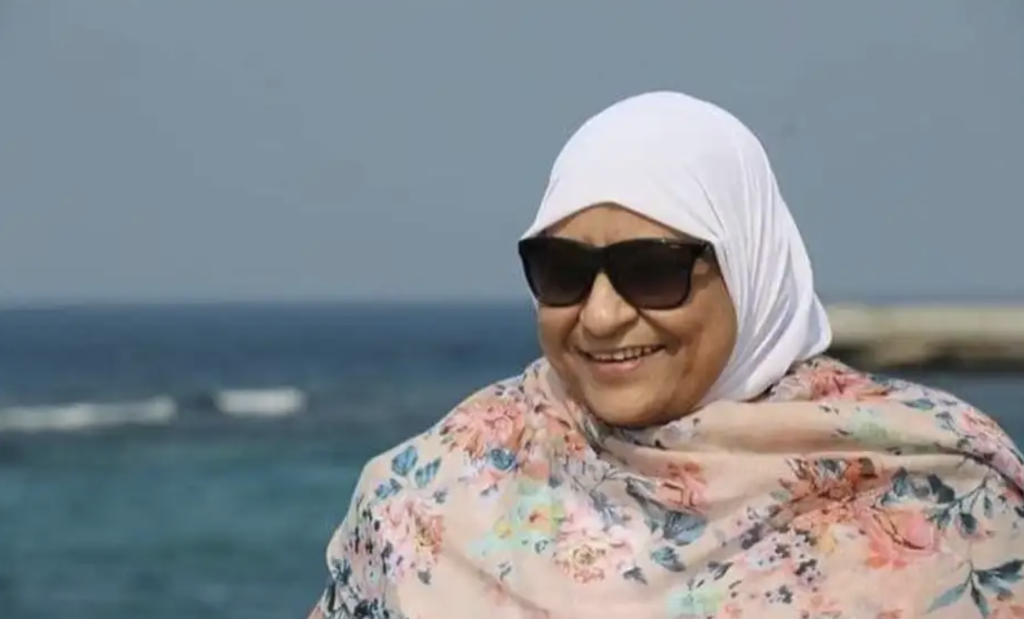President Joseph R. Biden
The White House
1600 Pennsylvania Avenue, NW
Washington, D.C. 20500
October 27, 2022
Dear Mr. President,
We write to you as a bipartisan group of foreign policy experts concerning your reported travel next month to Egypt for the UN Climate Change Conference (COP27), in what would be the first U.S. presidential visit to the country since 2009. We ask you to make Egypt’s horrific human rights record a focus of your trip. Specifically, we request that you meet with independent Egyptian human rights defenders during your visit. We also urge you to raise with President Abdel Fattah al-Sisi immediate steps to improve rights in the country and to press for freedom of expression for civil society before, during, and after COP27.
Egypt’s U.S.-supported government routinely commits egregious human rights abuses, including denial of fundamental freedoms, arbitrary detention, enforced disappearance, torture, and sexual assault. Although President al-Sisi’s government has released a few of Egypt’s thousands of political detainees in recent months (partly as a result of U.S. pressure), a greater number have been arrested during the same period, illustrating the revolving-door nature of Egypt’s draconian penal system. The regime’s brutality and corrupt, unaccountable governance not only are morally reprehensible, but are sowing widespread anti-government sentiment—increasing the prospect of instability in the Middle East’s most populous nation.
After Egypt was named as COP27 host last year, moreover, we and others warned that its authoritarian regime would not allow for independent civil society input on solutions to the climate crisis. Regrettably, this fear has been borne out: Authorities have silenced local environmental activists, hindered Egyptian and international civil society attendance, and possibly planned to conduct surveillance on participants and impede the large protests that have been a hallmark of previous climate summits. We therefore urge your administration to press the Egyptian government to guarantee meaningful civic participation at COP27, including by allowing peaceful dissent, ensuring access for Egyptian as well as international civil society and media representatives, and forswearing any negative consequences for Egyptian participants after the summit. With the repressive United Arab Emirates slated to host the next COP, it is doubly crucial that the United States help to set the right civic space precedent at COP27.
There are several immediate human rights steps you should ask President al-Sisi to take if you meet with him. First, while we commend your administration’s recent decision to withhold $130 million in military aid due to Egypt’s failure to meet congressionally mandated rights conditions, stronger U.S. engagement is needed given the scale of Egypt’s human rights crisis. To this end, you should call on President al-Sisi to do the following, as outlined by Egyptian and international human rights organizations:
- Release political prisoners, including those whose lives are at risk such as Alaa Abdel Fattah, Abdel Moneim Aboul-Fotouh, Salah Soltan, and Ahmed Douma, and lift the travel bans and asset freezes against activists;
- Cease the harassment and prosecution of journalists and civil society organizations, including by closing the decade-old Case 173; and
- End the unlawful blocking of news sites and other websites.
In addition, we ask you to emphasize that Egypt must not backslide on human rights after COP27, such as by arresting activists or punishing those who have criticized Egypt’s rights record or environmental policies. With President al-Sisi already invited to visit Washington, D.C., for December’s U.S.-Africa Leaders Summit, discussing U.S. human rights concerns with him during COP27 will clearly communicate expectations for improvements prior to your third meeting with him this year.
Finally, we call upon you to meet with independent Egyptian human rights defenders during your time in Egypt. This would powerfully demonstrate your administration’s pledge to center human rights in U.S. foreign policy. Holding public meetings with leaders of repressive regimes in the region without also reaching out to genuine civil society actors undercuts that policy.
Making progress on the climate crisis at COP27, defending human rights and democratic values, and achieving a stable and peaceful Egypt—all national security interests of your administration—are impossible unless Egypt’s government opens up civic space and improves its human rights practices. We urge you to use your visit to help make these goals a reality.
Very respectfully,
The Working Group on Egypt*
Amy Hawthorne (chair)
Project on Middle East Democracy
Nicole Bibbins Sedaca
Freedom House
Thomas Carothers
Carnegie Endowment for International Peace
Larry Diamond
Stanford University
Michele Dunne
Carnegie Endowment for International Peace
Reuel Marc Gerecht
Foundation for Defense of Democracies
Neil Hicks
Cairo Institute for Human Rights Studies
Thomas Hill
Former staff member, House Committee on Foreign Affairs
Elisa Massimino
Georgetown University
Michael Posner
New York University
Kenneth Wollack
National Endowment for Democracy
Sarah Yager
Human Rights Watch
* The Working Group on Egypt is a bipartisan group of foreign affairs experts formed in 2010 to advocate for principled and effective U.S. policies toward Egypt. Members participate in the Working Group in their individual capacity; institutional affiliations are provided for the purpose of identification only.


